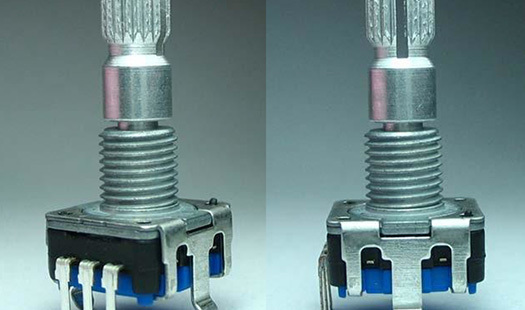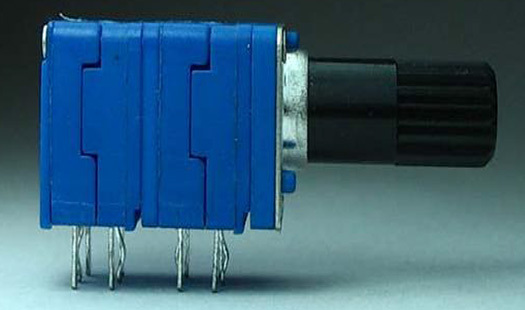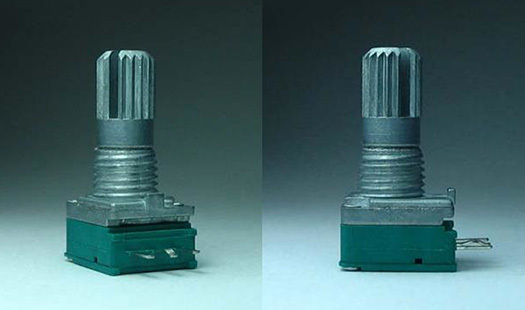Unlocking the Potential: A Deep Dive into Rotary Potentiometers
Apr 06,2025
Understanding Rotary Potentiometers
Ever wondered how that smooth volume knob on your favorite music system works? Well, let me introduce you to the unsung hero of electronic control—the rotary potentiometer! This nifty little device is not just a knob; it’s a vital component that helps you control various functions in countless devices.
What is a Rotary Potentiometer?
In simple terms, a rotary potentiometer is a variable resistor that allows you to adjust the resistance (and thus the current) in a circuit. This adjustment is typically controlled by turning a knob, hence the name. Think of it as a gateway to fine-tuning your electronic devices, from audio equipment to industrial machines.
How Does It Work?
So, how does this magic happen? Inside the rotary potentiometer, you'll find a resistive track and a wiper. When you turn the knob, the wiper moves along the resistive track, altering the resistance. This change in resistance modifies the voltage output, which is ultimately what you experience as control over a device's function—be it volume, brightness, or speed.
Types of Rotary Potentiometers
There are a few different types of rotary potentiometers, primarily categorized by their construction and application:
- Linear Potentiometers: These provide a linear change in output voltage as you turn the knob. They're great for audio applications.
- Logarithmic Potentiometers: Commonly used in audio control, these have a logarithmic relationship between rotation and output, making them ideal for volume controls.
- Multi-turn Potentiometers: As the name suggests, these allow for multiple turns, providing precise adjustments in applications like instrumentation.
Applications Galore!
Now, you might be wondering—where exactly do we find these rotary potentiometers in action? The list is long, but here are a few standout applications:
- Audio Equipment: From amplifiers to mixers, they’re crucial for sound control.
- Lighting Control: Adjusting brightness in dimmer switches? You guessed it—potentiometers!
- Industrial Applications: Used in control panels for motors and other machinery.
Why Choose a Rotary Potentiometer?
With so many options out there, why should you consider a rotary potentiometer? Here are a few reasons:
- Precision Control: They allow for finely tuned adjustments, which can be critical in high-end applications.
- Durability: Many are built to withstand extensive use, making them reliable for long-term applications.
- Simplicity: Easy to use and integrate into various circuits, they’re a favorite among hobbyists and professionals alike.
Final Thoughts
In a world where technology rules, understanding the components that make our gadgets tick is essential. The rotary potentiometer may seem like a small part of the bigger picture, but its role is undeniably significant. Whether you’re adjusting the volume of your favorite tune or fine-tuning an industrial process, this little device is pivotal. So, next time you reach for that knob, take a moment to appreciate the engineering marvel behind it!
Get Involved!
If you’re a DIY enthusiast or a budding engineer, consider experimenting with rotary potentiometers in your projects. They’re not just practical; they’re also a lot of fun to work with. Who knows? You might just create the next big thing!
More Information
More Information
RECOMMENDED










